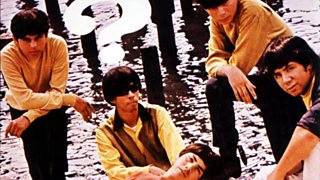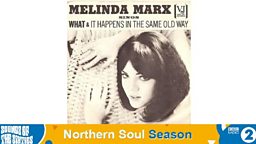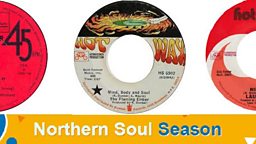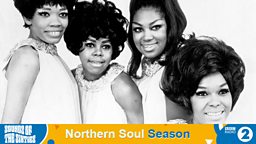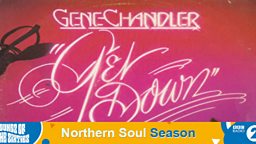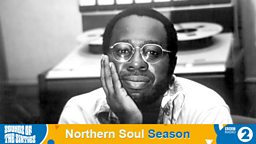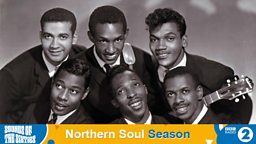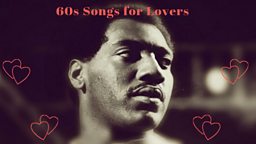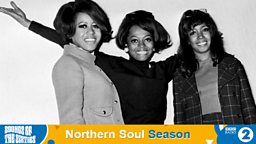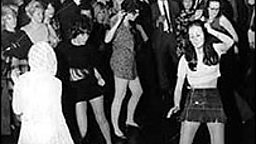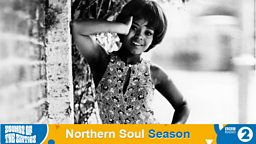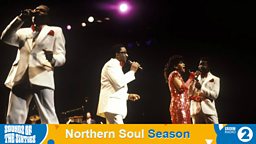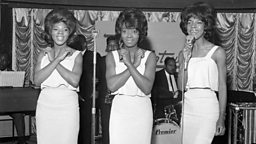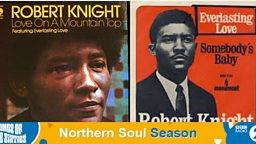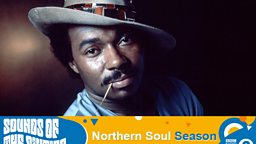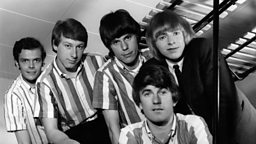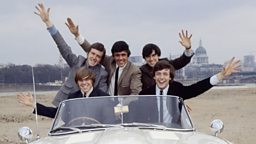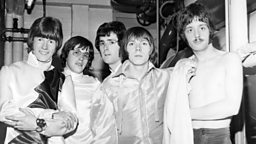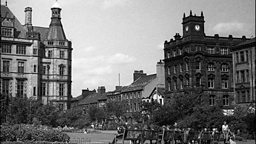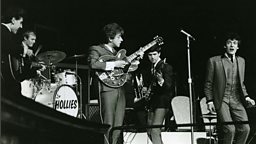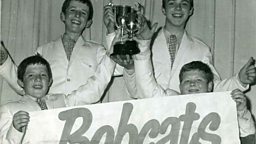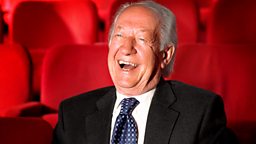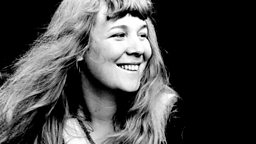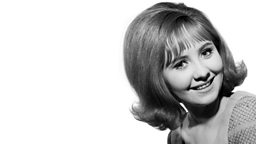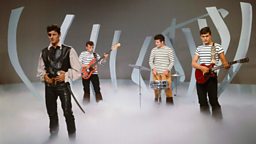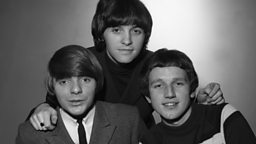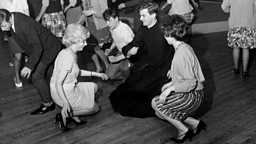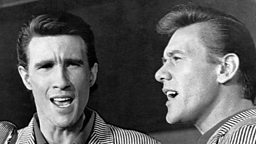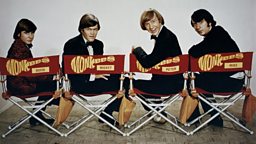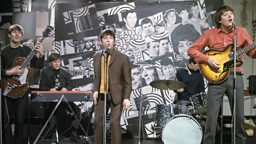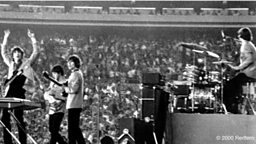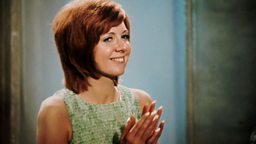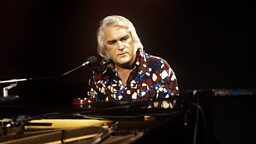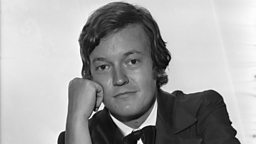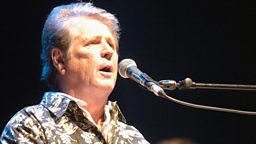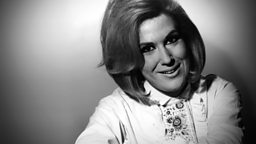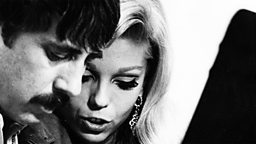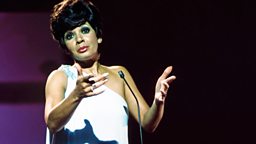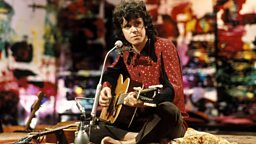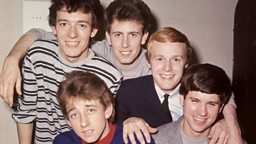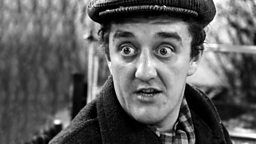Acuff-Rose
by Bob Stanley
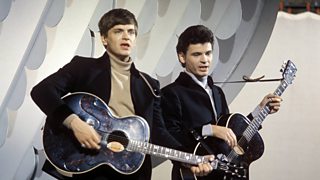
The Acuff-Rose publishing company was set up by country legend Roy Acuff and songwriter Fred Rose (Take These Chains From My Heart) in 1942. It's noble intention was to prevent naive country songwriters from being ripped off by unscrupulous, big city individuals - agents, record companies and dodgy managers. Among the best known sixties names signed to the company were Don Gibson, Roy Orbison and John D Loudermilk. Acuff-Rose's offices were on 8th Avenue South in the Melrose district of Nashville. In the forties, Hank Williams had convinced Acuff-Rose to sign him by writing I Can't Help It If I'm Still in Love with You, sat in the office, while Fred Rose went out to get a coffee.
The company began to expand in 1954 when Fred Rose died and his son Wesley took over. Soon they had signed husband and wife team Felice and Boudleaux Bryant, who would go on to write virtually all of the early Everly Brothers hits including Bye Bye Love, Wake Up Little Susie, and All I Have To Do Is Dream. The Everlys themselves were also signed to Acuff-Rose as hits like Til I Kissed You and Cathy's Clown proved they were very capable songwriters as well as the world's finest harmony singers.
In early 1961, Don Everly had a dream in which he had completely re-arranged an old Bing Crosby hit called Temptation. He then recorded it with a full backing - manic acoustic guitars and banshee backing vocals - and it was a dark and wonderful piece of work. Wesley Rose, however, was less than pleased, as it wasn't an Acuff-Rose song, meaning he wouldn't get a cut of any profits. Don Everly dug his heels in, considering it a smash hit, and was rewarded with a UK number one. Rose was furious, though, and wouldn't let the Everlys record any more Acuff-Rose material. This meant that not only couldn't they access Felice and Boudleaux Bryant's songs, they couldn't even record their own songs.
Panicking, the brothers recorded some very odd material (Muskrat, the follow-up to Temptation, remains their strangest single, only reaching number 20 in 1961) before they looked to the Brill Building and writers like Carole King for help. The result was 1962 hits like Crying In The Rain (no.6), How Can I Meet Her (no.12) and No One Can Make My Sunshine Smile (no.11), but their career in America lost momentum. By the time the dispute was resolved in 1963, the Beatles' Everly-inspired harmonies were all over the radio, usurping their heroes. It wouldn't be until 1965, with The Price Of Love, that the Everlys had another UK Top 10 hit with one of their own songs - in the States, remarkably, it didn't even make the Top 100.
-
![]()
Brian recalls meeting a Hollywood legend
-
![]()
Find out more about the songs we play

